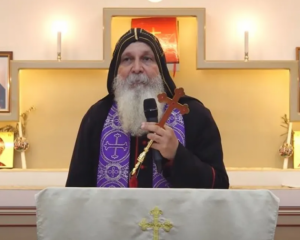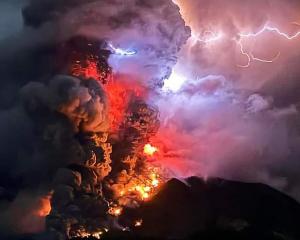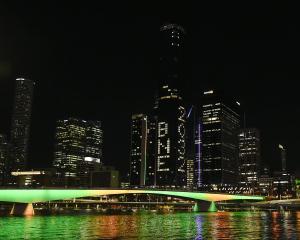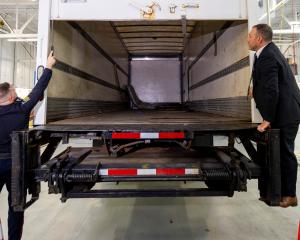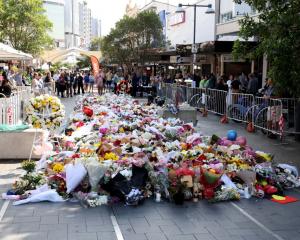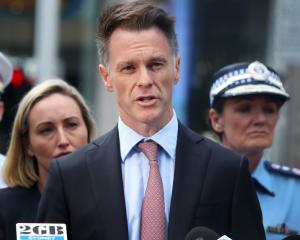BP has passed its final hurdle to returning to the deep waters of the Gulf of Mexico on Wednesday, receiving its first permit to drill a new well since its role in the largest offshore oil spill in U.S. history.
The Bureau of Safety and Environmental Enforcement approved the permit after backing BP's exploration plan last week.
An explosion last year on Deepwater Horizon rig killed 11 workers and ruptured BP's Macondo well, unleashing millions of barrels of oil into the Gulf.
Since then, BP has gradually worked towards resuming its offshore drilling program, including promising to adhere to self-imposed standards more stringent than government regulations.
"After several months of hard work developing and implementing our new drilling standards and sharing those standards with industry partners and regulators, we are pleased to have received a permit to drill another appraisal well in the Kaskida Field," the company said in a statement.
The permit approval comes after BP Chief Executive Bob Dudley said on Tuesday that the company has turned the corner after last year's disaster.
The drilling agency said BP's permit application met all of the rules issued since the Gulf spill, as well as BP's voluntary guidelines.
"This permit was approved only after thorough well design, blowout preventer, and containment capability reviews," said BSEE head Michael Bromwich.
The permit is for a well in BP's Kaskida field in the Gulf of Mexico, a 2006 discovery that could hold up to 3 billion barrels of oil. An early appraisal well in 2009 confirmed oil was present in the field.
The field is in the highly touted Lower Tertiary trend in the Gulf of Mexico, a huge 300-mile (482-km) swath across the basin that is estimated to hold up to 15 billion barrels of oil, the largest oil trend in the U.S. since Alaska's Prudhoe Bay was discovered the late 1960s.
While the company's Gulf drilling program may be moving forward, BP still faces a slew of lawsuits from the spill, as well as the threat of the federal fines for the accident.
BP currently has three drilling rigs in the Gulf doing plugging and abandonment work, but this marks the first new permit the company has received to explore a major oil discovery.
Dudley said on Tuesday the company hopes to have five deepwater drilling rigs in the Gulf by the end of the year.
The company hopes to have seven or eight deepwater rigs by 2012 and expects to return to around the historical level of new well delivery the following year.
Dudley said the company was not planning to do a long-term production test at the Kaskida field just yet.
"What we want to do is look at the structure and see the size of the structure, that will help us assess the reserves resource sites," Dudley said on a call discussing the company's quarterly earnings on Tuesday.
Ed Markey, the top Democrat on the House Natural Resources Committee, said he thought it was too early to let BP back in the Gulf.
"The fact that BP is getting a permit to drill without yet paying a single cent in fines is a disappointment, and does not serve as an effective lesson of deterrence for oil and gas companies," Markey said in a statement.



